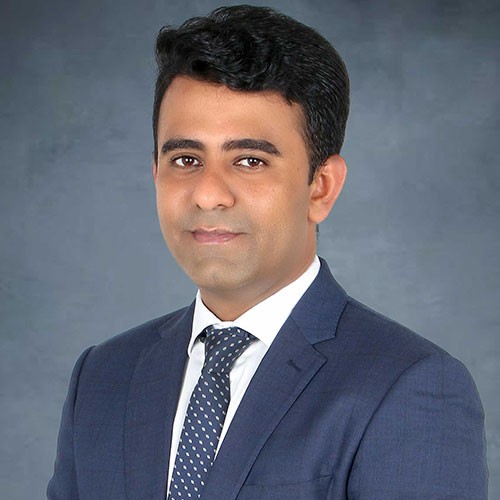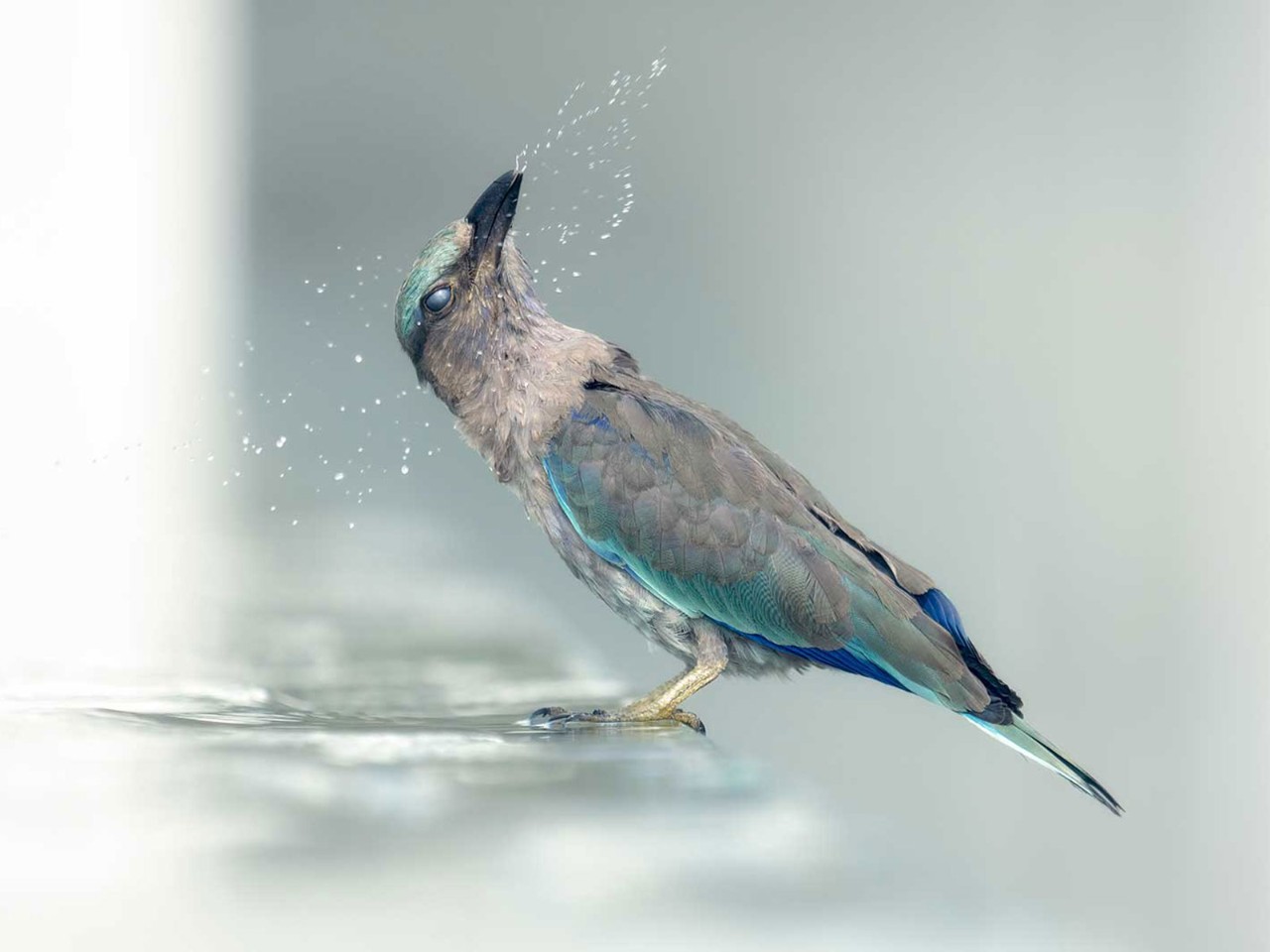
The recovery of the Sri Lankan economy from its recent travails will depend heavily on the ongoing reform of its inefficient tax system. Sri Lanka’s tax take as a share of GDP is one of the smallest in the world after falling consistently for three decades to a low of 6.7% in 2022. According to the World Bank, a minimum of 15% or higher is needed to ensure economic growth in the long term – and all that means for driving development and reducing poverty.
In offering the country a US$3bn bailout in 2023, the International Monetary Fund (IMF) made tax reform a key stipulation. To deal with the substantial government deficit generated by extensive expenditure as well as its limited revenue, the IMF programme has focused on bolstering tax revenue by the improvement of revenue collection methods, the introduction of new taxes and the hiking of existing tax rates.
New legislation is a necessary step in the push to improve revenue collection
Whether that will be enough in a country where the tax-take problems run long and deep is another matter. More than a century old, Sri Lanka’s Excise Ordinance Act, which is the underpinning legislation for the country’s customs revenue, has been updated repeatedly, attracting over 1,000 amendments to try to keep it current. Despite all that effort, the act harbours numerous revenue-leaking loopholes in several crucial areas. New legislation is a necessary if challenging step in the push to improve revenue collection.
Collection challenge
Meanwhile collection methods are painfully inefficient. The Ramis tax software used by the Inland Revenue Department, the country’s primary tax collector, is bedevilled by problems. The Committee on Public Accounts recently revealed that despite the enormous cost – more than 10bn Sri Lankan rupees (US$31m) – of the Ramis system, it remains plagued by functionality issues that have impeded effective tax collection efforts.
So ineffective are the Inland Revenue’s computer systems that enormous sums in tax arrears and penalty interest income have been racked up. As the auditor general’s report for 2022 highlighted, as of the end of 2022, these arrears amounted to LRK904bn (US$2.8bn), 74% of which represent outstanding principal and the rest penalty interest.
However, the collection of LRK741bn (US$2.3bn) from the total arrears sum has been temporarily suspended – just 22% is identified as recoverable. Over half of the recoverable sum, LRK87bn (US$270m), has been outstanding for three years or more. A significant portion of the total revenue arrears, amounting to LRK114bn (US$350m), consists of value added taxes and fines.
The report also pointed out that the department had not taken essential measures to promptly remit tax revenue collected by third parties, resulting in delays and discrepancies.
Sri Lanka should take its tax cues from successful models among its neighbours
Way forward
Adopting advanced software systems is crucial for efficient tax administration in Sri Lanka. The country should take its cues from successful models among its neighbours.
It could implement an integrated tax system akin to Singapore’s, which consolidates tax processes on a unified platform. Similarly, introducing an e-filing system similar to Malaysia’s could simplify tax filing by enabling the online submission of returns and payments. And leveraging sophisticated technologies such as data analytics and artificial intelligence could revolutionise tax collection strategies. By generating data insights, automating processes and improving decision-making, these technologies could contribute to more effective revenue collection and reduce the compliance burden.
The Sri Lankan government has to ensure that the tax revenues that are collected are fully employed in improving society. Investing tax contributions in infrastructure, healthcare, education and other public services does not just enhance citizens’ quality of life and foster a fairer society, it also improves tax compliance. That creates a virtuous circle – one that requires a robust, stable and modern tax system to drive it.




